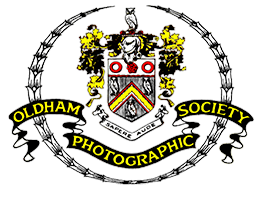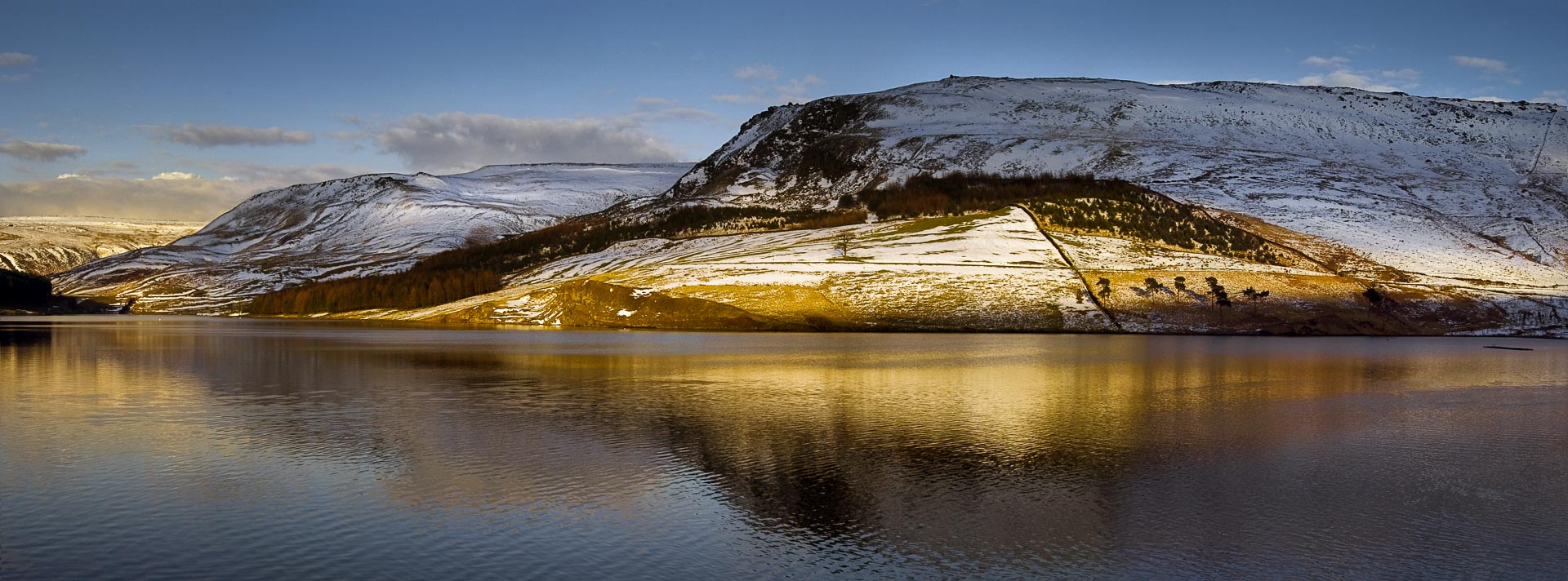Hi All
Can I wish you all a happy eostre and don’t forget you can get some great photos in the rain.
I expect you have heard rumours about the new powers that police have been given to stop and search under the recently introduced amendment to the Terrorism Act 2000.
It would also appear that some police and PCSOs are also listening to the same rumours rather than the law. There are lots of scare stories out there if you choose to look, some of which would be quite funny if they were not true. This is meant to reassure rather than frighten.
A good place to look to find out about your rights as a photographer (and to scare you too) is: photorights.org
Here is a link to the act in question: Terrorism Act 2000 (c. 11). Section 44 says that constables in uniform have the right to stop and search any vehicle or person… That in itself is a terrifying power but, and this is what gets conveniently forgotten, in an authorised area and
“… only for the purpose of searching for articles of a kind which could be used in connection with terrorism…”
Notice also it is a power to stop and search there is no right to question – although it may be prudent to answer sensible questions. This is not aimed at photographer or even anyone else acting suspiciously (we all know how suspicious photographers look at the best of times). It is effectively a random stop and search but only in areas the powers that be (The Chief Constable and Home Secretary) regard as being a terrorist risk (like outside police stations, shopping centres and military installations, etc.). Suspicious behaviur is covered by Section 43 which has been in force and abused for some time
Under s44 or s43 the police do not have any power to delete any photos, in fact the powers are to find evidence of terrorism so deleting any photos would be destroying any evidence! I believe it require a court orded to delete the photos.
A facinating Hansard Debate took place on the 1st April this year in Parliament where clarification was given by The Parliamentary Under-Secretary of State for the Home Department (Mr. Shahid Malik). In it he says:
“…section 44 does not prohibit the taking of photographs…”
And in a reference to Google Street View which by its very existence invalidates almost any consideration that photographers are collecting information for terrorism when out with their cameras as this information is already in the public domain and readily available on the internet. It also illustrates the public’s right to photograph almost anything from a public place.
“It freely demonstrates that the ability to take photographs in a public place is not subject to any set of rules or to statute. There are no legal restrictions on photography in a public place except where the picture is taken with the intent of committing a crime or terrorist act.”
In February this year the Counter-Terrorism Act 2008 can in force came into effect which makes it an offence to elicit, attempt to elicit, publish or communicate information about an individual who is or has been a constable, or a member of the armed forces or intelligences services. This is often interpreted to mean that it is now illegal to photograph police and members of the armed forces.
I quote Mr Malik again:
“…The important thing is that the photographs would have to be of a kind likely to provide practical assistance to terrorists, and the person taking or providing the photograph would have to have no reasonable excuse, such as responsible journalism, for taking it.”
…
“I want to be clear about this: the offence does not capture an innocent tourist taking a photograph of a police officer, or a journalist photographing police officers as part of his or her job. It does not criminalise the normal taking of photographs of the police. Police officers have the discretion to ask people not to take photographs for public safety or security reasons, but the taking of photographs in a public place is not subject to any rule or statute. There are no legal restrictions on photography in a public place, and there is no presumption of privacy for individuals in a public place.”
…
“I make it absolutely clear that unless someone is engaged in criminal activity, they must be allowed to take photographs in public places and that the law should not be used to discourage or hamper that activity.”
So get out there and take photographs, just be aware that until new guidelines are issued and cascaded to the constable on the beat you are likely to get occasionally harassed for having and using this terrible device know as a camera. As long as you know where you stand with regard to the law, even if certain others don’t, you have a chance of surviving the un-warranted (pun intended) intrusions with all but a little dignity still intact.
Mike

